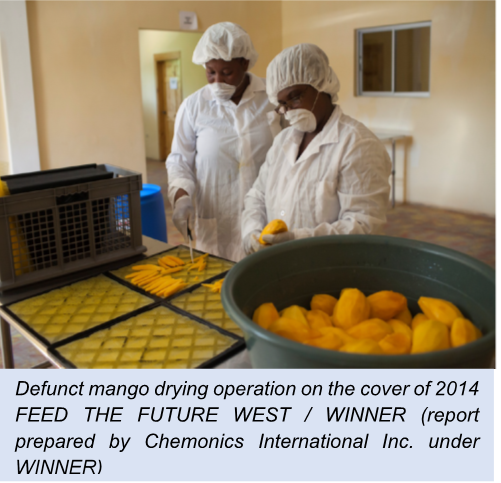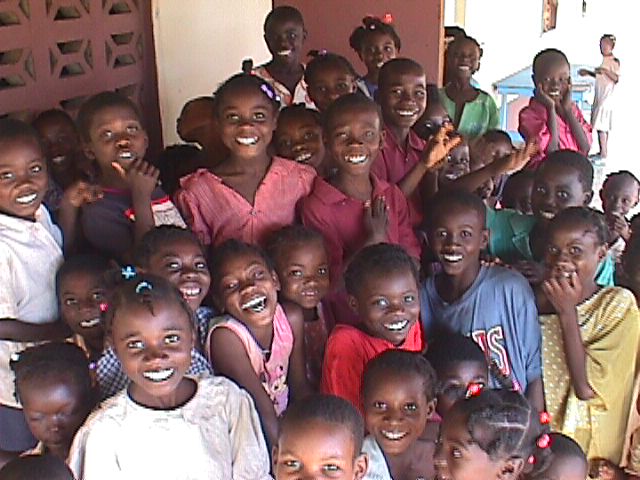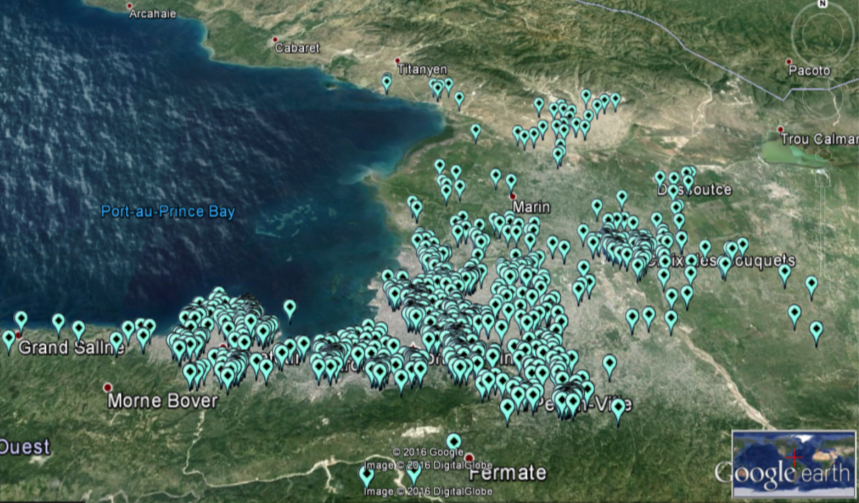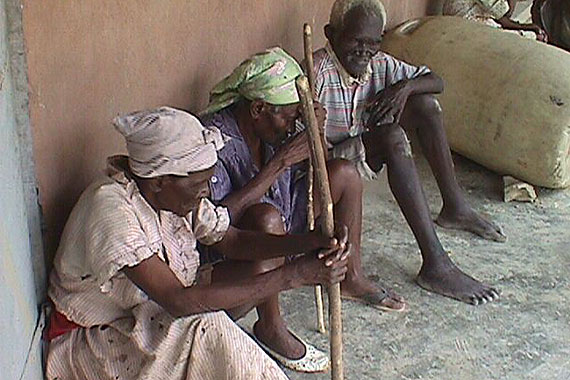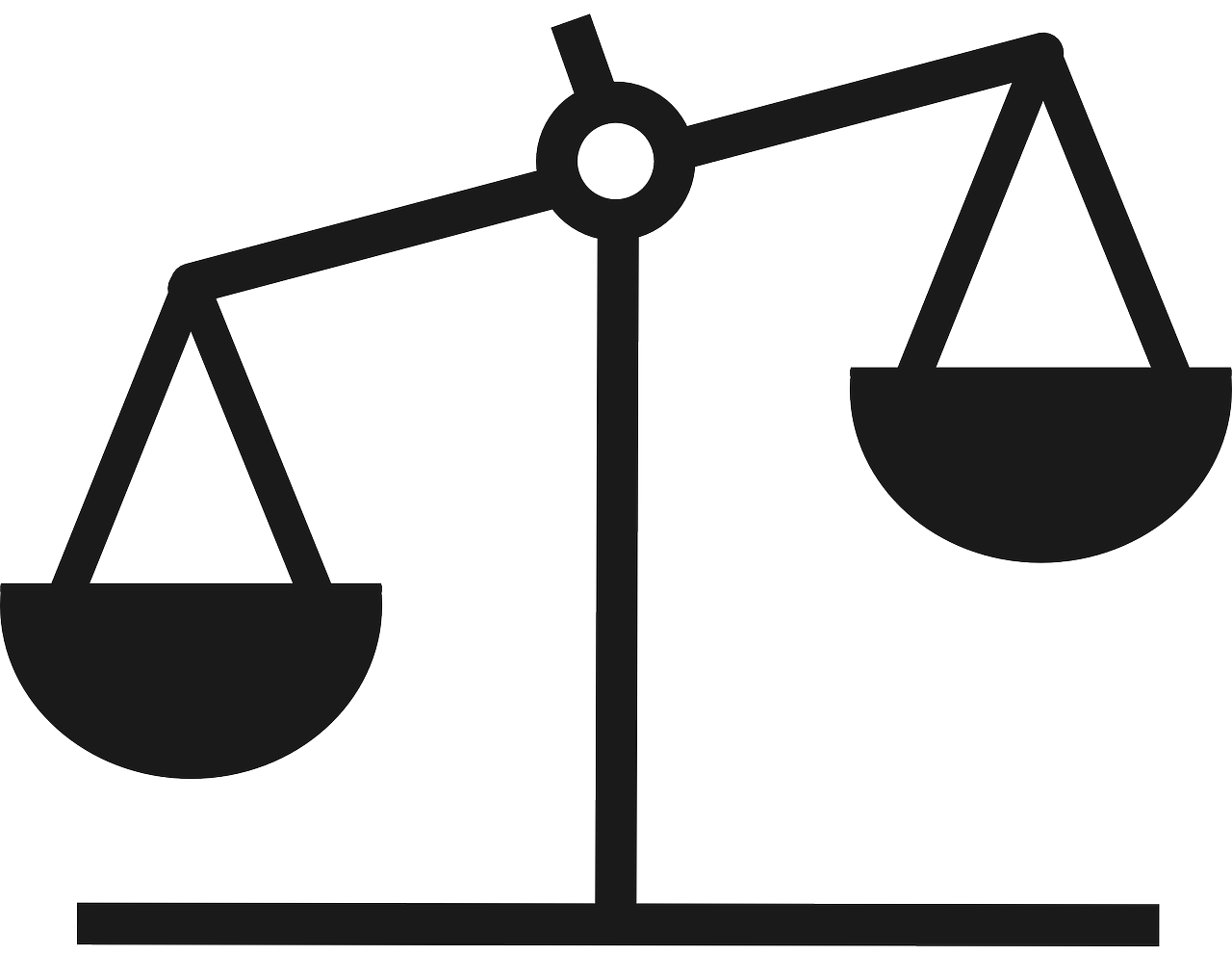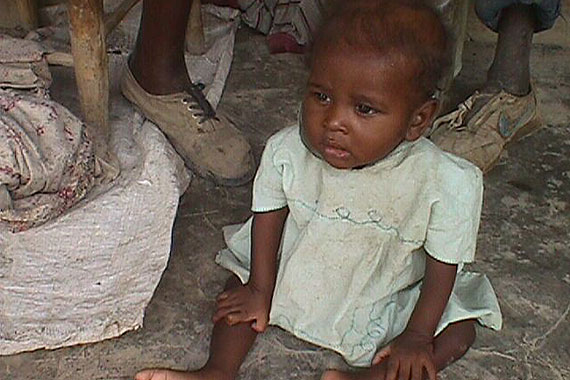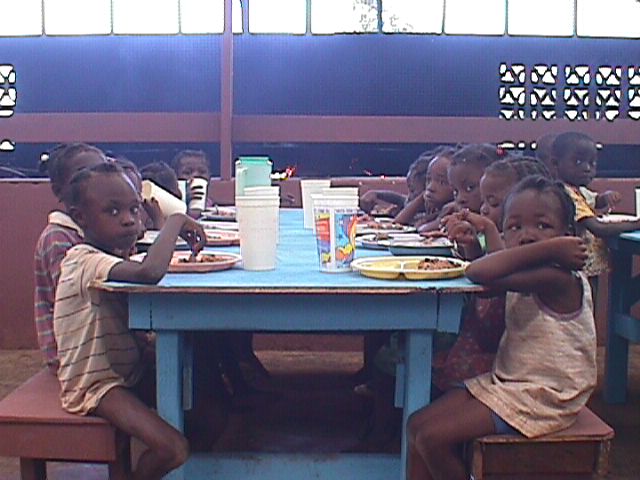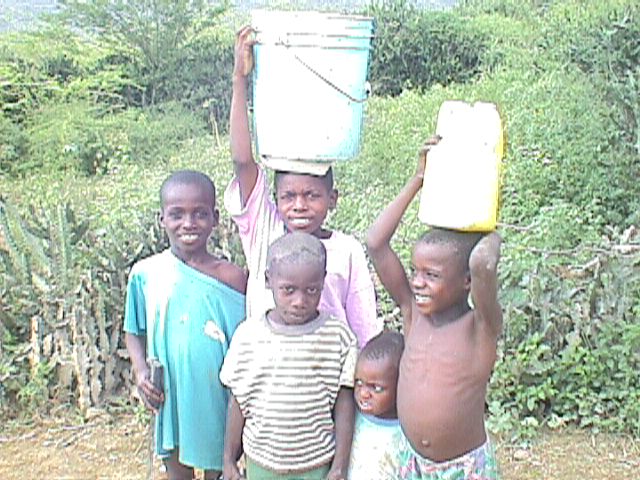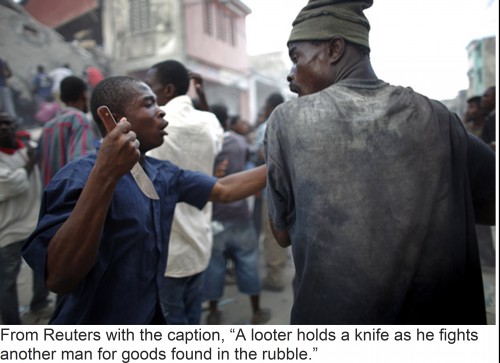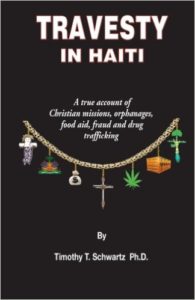USAID Funded Chemonics Mango Travesty: WHAT’S WRONG WITH THIS PICTURE?
USAID/IDB/Coca Cola funded Haiti Hope project invested in processing enterprises, and failed in every attempt. A good example comes from l’Unité de Séchage de Fruits à Mirebalais–The Fruit Drying Operation in Mirabalais–funded by USAID/WINNER’s $127 million Feed the Future West project and operated by the Mirebalais association ADAIM (Association pour le développement agro-industriel de Mirebalais).Read More
Haiti Orphanage Report (UNICEF/IBESR 2013): Unpublished
This is the controversial UNICEF/IBESR report, conducted by Sociodig, a Haiti-based research company. I’ll let interested readers be the judge regarding the quality of the work. But as can be seen from the report, it was a massive amount of research. Quite simply, there is no study of orphanages in Haiti that comes close to itsRead More
IDP Camp Rental Subsidy Survey and Report (OCHA 2017)
The study described in this report was funded by the EU and commissioned by OCHA, and members of the Haiti post-earthquake Camp Cluster. The research was conducted under the auspices of Socio-Dig, a Haiti-based research company. The report focuses on an evaluation of Income Generating Activities (IGA) that accompanied rental subsidy programs in Haiti between 2013 andRead More
BROKEN PROMISE: ANTHROPOLOGY AND THE HUMANITARIAN AID SECTOR
To explain, one has to understand the evolution of anthropology and humanitarian aid industry. The two are—or at least once were– intricately intertwined.
Anthropology of NGOs: How Activist Humanitarian Aid Agendas Corrupted Social Sciences in the Caribbean
The obscurantism of political and economic agendas has always pervaded discourse on Caribbean family patterns, but anthropology had a stronger materialist orientation in the early and mid-1900s, one that lent itself to rigorous analysis of causation. By the 1970s and 1980s, hope was fading. A fog of research agendas, convoluted analyses, ideational and cultural causalRead More
Vulnerability Targeting in Haiti Report (WFP & CNSA 2015)
This study was commissioned by CNSA with the financial and logistic support of WFP and FAO. The objective was to examine the processes that NGO and governmental agencies employ to select beneficiaries of social assistance programs in rural Haiti. The task responds to needs associated with current humanitarian aid and development programs such as: EdeRead More
Big Lies about Little People: The War Between UNICEF and the Orphanages, Battleground Haiti
Following the January 2010 Haiti earthquake there were a lot of exaggerations, truth-twisting and outright lies. But perhaps none exceeded those that came from the mouths of child protection workers and orphanage owners. With UNICEF and Save the Children leading the way, orphanages fanning the flames, and the press publishing almost anything anyone said–no matterRead More
Children of Haiti: The Haitian Restavek and Child Slavery
The cry ‘child slavery’ grabbed world attention in 1998 when Haitian-born Jean-Robert Cadet published his shocking autobiography, From Haitian Slave Child to Middle-Class American, in which he recounted his life as a restavek, the Haitian Creole word for child domestic servant. As the Cadet Foundation website tells potential donors, “As a restavek he lost hisRead More
History of NGOs and Disaster in Haiti
If there’s a milestone year when NGOs began arriving in Haiti that year is 1954, when Hurricane Hazel struck the island. Hazel would go on record as the most destructive storm in Western history. Haiti got the worst of it. Hazel stalled over the country for three days, pounded the mountains and plains with overRead More
Haiti Earthquake Media Exaggerations: Violence, Murder & Mayhem
This is a chapter from a book that I am wrote, the Great Haiti Humanitarian Aid Swindle (2017). I originally published as it is here on Open Salon in 2011. I think it’s important because it summarizes the role that the mainstream media played inciting panic over insecurity after the earthquake. Anyone interested inRead More
